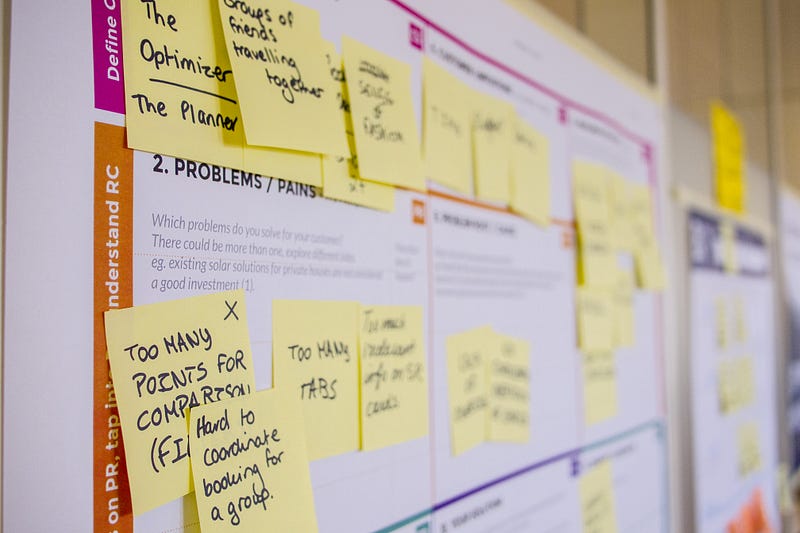Insights from an Ecologist on Feminism and Digital Ecosystems
Written on
Chapter 1: Discovering Feminism in Academia
During my time as a Ph.D. researcher, I was fortunate to engage with individuals from a myriad of backgrounds and cultures. Initially, social sciences didn’t pique my interest, but the escalating awareness of gender issues in academic settings and the dominance of hierarchical structures quickly captivated me.
I encountered a Ph.D. student from Barcelona who was delving into Media Studies for her thesis. After countless late-night discussions filled with Tertullian debates, my ecological insights were infused into her research. I found myself navigating unfamiliar terrain—concepts like Foucault, Judy Chicago, white feminism, and various aspects of identity and body politics.
My curiosity was piqued about how human behavior is expressed through gender, identity, power, and sexuality. As a movement ecologist, I could perceive how these factors have historically influenced human migration and societal structures, particularly how patriarchal systems, driven by capitalist principles, exacerbate issues like resource depletion and environmental degradation.
Two years into this journey, I established my first Data Lab, Liquen, inspired by the ecological relationships of lichens, which symbolize symbiosis and resilience in inhospitable environments. The primary mission of Liquen Data Lab was to address toxicity in digital ecosystems, focusing on projects that highlighted violence in online spaces, particularly from a feminist and UX research perspective. One notable initiative was the Wikipedia Bias Detector prototype, designed to empower marginalized communities to engage with biased content safely.
Here are six key insights I've gained that I hope to integrate into my future observations and projects across various fields.
Section 1.1: Rethinking Feminism
The concept of feminism often propels movements forward but can also create divisions among different fronts. My previous understanding of feminism was narrow, shaped by my experiences as a woman navigating a patriarchal society. This realization came late, as I faced challenges in a competitive environment while juggling multiple jobs to sustain my education.
Your perception of feminism is influenced by your life circumstances, including your position and background. It’s not merely a movement but a call to recognize the systemic inequalities that persist across various dimensions—racial, scientific, cultural, political, and social.
Section 1.2: The Nature of Identity
Identity is shaped by both constructed societal norms and personal experiences. Hormones influence behavior, suggesting that our identities are intertwined with environmental factors. This interplay highlights how our bodies serve as a canvas for social constructs and rules, necessitating a deeper understanding of how these elements affect one another.
Deconstructing our identities can lead to profound realizations about our past experiences and societal structures.
Subsection 1.2.1: User Experience and Design

Creating meaningful experiences requires a careful examination of biases embedded within society. These biases shape our educational, health, and economic frameworks, influencing how we design products, laws, and social systems. Addressing gender bias is essential for fostering inclusivity and innovation in our communities.